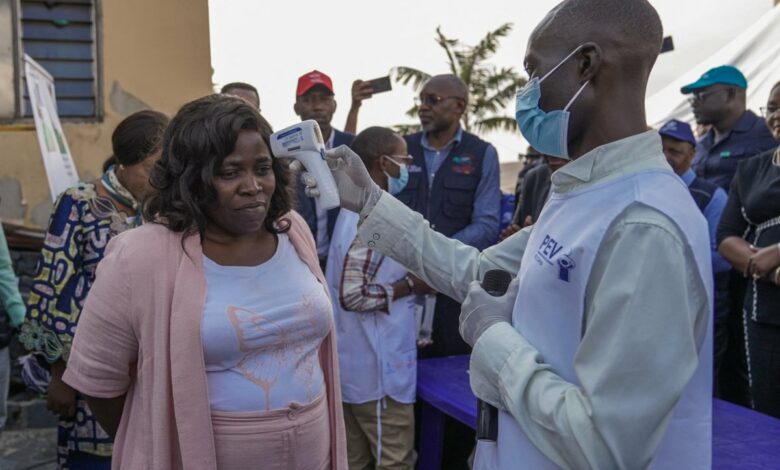Mysterious disease described as ‘severe malaria’ breaks out in Congo


The Ministry of Health in the Democratic Republic of Congo had said the previously unidentified disease in the country’s Panzi health zone is a severe form of malaria.
According to Reuters, the health ministry said in a statement that “the mystery has finally been solved”.
“It’s a case of severe malaria in the form of a respiratory illness… and weakened by malnutrition,” the statement reads.
It also said 592 cases had been reported since October with a fatality rate of 6.2 percent.
Neither the World Health Organisation (WHO) nor the Africa Centre for Disease Control (CDC) has commented on the diagnosis.
On December 5, Roger Kamba, the country’s health minister, said authorities confirmed 71 deaths, including 27 people who died in hospitals and 44 in the community, in the southern Kwango province.
He said of the victims at the hospitals, 10 died due to lack of blood transfusion, and 17 as a result of respiratory problems.
Kamba said symptoms of the disease include fever, headache, cough and anaemia.
The minister said the deaths were recorded from November 10 to 25 in the Panzi health zone of Kwango province.
He added that there were around 380 cases, and said epidemiological experts are in the region to take samples and investigate the disease.
However, the Africa CDC recorded different figures, saying there were 376 cases and 79 deaths.




